Christian Creators Can’t Easily Bypass ‘Christian Markets’ for Secular Markets
In my Monday story, “Amelie Wen Zhao’s Critics Enforce New Fantasy Legalism,” I left an opening when I mentioned this about Christian markets:
Ever heard or believed the notion that we ought not have “Christian fiction,” but just Christians writing fiction?
I actually disagree with this statement. In this SpecFaith article, I share a few reasons why. But here’s another reason: Progressivist zealots will just keep waging their moral, godless-religious crusade against fantasy books. So Christians will need our own stories, now more than ever.
Well, technically I did cover the opening. I included that link to a previous article.
But some readers still thought I was saying something like this: Well, because secular fiction is so wicked and dangerous, we ought to retreat. Let’s go back to the simpler (and less “social justice”-prone) Christian fiction bubble. (And all that that implies.)
Oh, I definitely don’t agree with that either. At least, not without this qualification.
Point 1: Christian fiction and secular fiction both restrict content.
In fact, I argue that both present-day Christian fiction1 and secular fiction have religious-based content restrictions. These include:
- “You can’t say bad words.” In most modern Christian fiction, this bans swear words. (Not even if bad guys say them.) In most secular fiction, this bans racist words/ideas. (Not even if bad guys say them.)
- “You can’t explore particular themes.” In most modern Christian fiction, this bans mentions of certain doctrinal disputes, or even the existence of denominations. In most secular fiction, this bans negative views of abortion or fornication.
- “You cannot question our fashionable religion.” In most modern Christian fiction, this bans characters who show complex doubts. (Even if the story ultimately helps resolve them.) In most secular fiction, this bans even subtle questioning of Progressivism or God’s presumed nonexistence.2
Point 2: It’s simpler to try transforming ‘Christian markets.’
Ultimately, I find the idea of truly challenging, excellent Christian fiction more attainable than the notion that most Christians can just “be really, really good at making stories” and therefore flourish in secular markets.
It does seem strange to pretend secular fiction markets will be less restrictive than Christian fiction markets. In either one, humans are going to human. Either will be religious and/or restrictive. Either will offer certain freedoms and limits.
It also seems strange to imagine that secular editors, who are not simply “neutral,” will help Christian authors flourish. In any case, the author will likely need to choose, not whether to compromise, but how to compromise. Which can you give up: bad words, or other beliefs?
But in the end, I do wonder about one last market difference. Many godly Christians work in secular media and publishing. Aside from them, which of these is simpler: 1) efforts to cure the spiritual sickness of legalism and anti-excellence notions in Christian publishing, or 2) help resurrect spiritually dead hearts of non- or anti-Christians in secular publishing?3
Christian authors can strive to do both, in whatever sphere God has called them to serve.
Point 3: It’s naive to claim ‘Christian markets are too hard, so let’s try secular markets instead.’
To be sure, our supernatural God supernaturally turns stone hearts into flesh hearts.4 He can and does accomplish either goal.
Yet in a human sense, I find it simpler to challenge Christians into better and more biblical readers.
 Sure, that’s still a steep hill to climb.
Sure, that’s still a steep hill to climb.
But some Christians (including some aspiring Christian storytellers) presume, “Christians are too stubborn in their bad story preferences. So let’s give up. Let’s instead head for the hills of secular storytelling. Those ought to be easier to scale!”
I’m afraid such folks are in for a shock when they arrive at those secular hills.
They’ll likely find that these are actually mountains of piled-up treasure (great movies, classic songs, skillful artistry) that are mixed with equal or greater parts garbage (blasphemy, fornication, and strict legalism very similar to culturally fundamentalist Christianity).
If you’re a Christian creator, you would face all of the same human problems, like business over creativity, marketability over excellence, and plain nastiness and back-stabbing.
But you would be left with even less faith foundation to challenge any of this because you (very likely) don’t share faith with this world.
Perhaps that whole problem of “oversheltering” applies just as much to the Christian who, from a safe distance, thought that secular mountain looked small enough.
Point 4: Some Christians creators must start with the ‘Christian markets’ hill.
I’m not saying it’s impossible. But I am saying it’s naive for the Christian reader or creator to expect to leap over this mountain in a single bound—and without even having tried to train by climbing the (comparatively smaller) Christian-market hill. After all, that’s partly why we praise and support professing Christian athletes and actors for their accomplishments. Deep down, we know God has given them great gifts to accomplished much with talent and excellence, especially if they’ve resisted corruption and become more like Jesus instead.
Some Christian creators have been called to cross over into that world.
But other Christian creators, who wince at the Christian market’s steep slopes, ought not stare across the valley to that “smaller” secular market mountain in the distance. I’m probably one of those people. So as Christian creators, let’s scale the smaller hills first, and then see if God leads us to tackle the taller mountains.
Either hill you decide to climb—Godspeed to you! And please let me know how I can pray for and support you.
Ten more articles on Christian fiction vs. secular fiction:
- Who Wants to Kill Christian Fiction?
- A Call for Deeply Real Christian Fiction
- How to Be a Silly Christian Fiction Critic
- Stop Hating on Christian Popular Culture
- Eight Actions to Resurrect Christian Fiction
- How To Fix Christian Fiction: More Christianity
- Is Secular Fiction Better Than Christian Fiction?
- Why Does Christian Romance Outsell Christian Fantasy?
- 95 Theses for Christian Fiction Reformation (four-part series)
- ‘Christian Fiction’ Vs. ‘Christians Writing Fiction’? We Need Both
- As always, I prefer using the term “Christian fiction” to describe any fiction (creative work) created by a Christian (person, not thing). Most people, however, understand “Christian fiction” to describe things, and in a mass market. So here I’m using the term that way. ↩
- This is a condensed version of the points in my Speculative Faith article “Is Secular Fiction Better Than Christian Fiction?” ↩
- Ibid. ↩
- Ezekiel 36:26. ↩






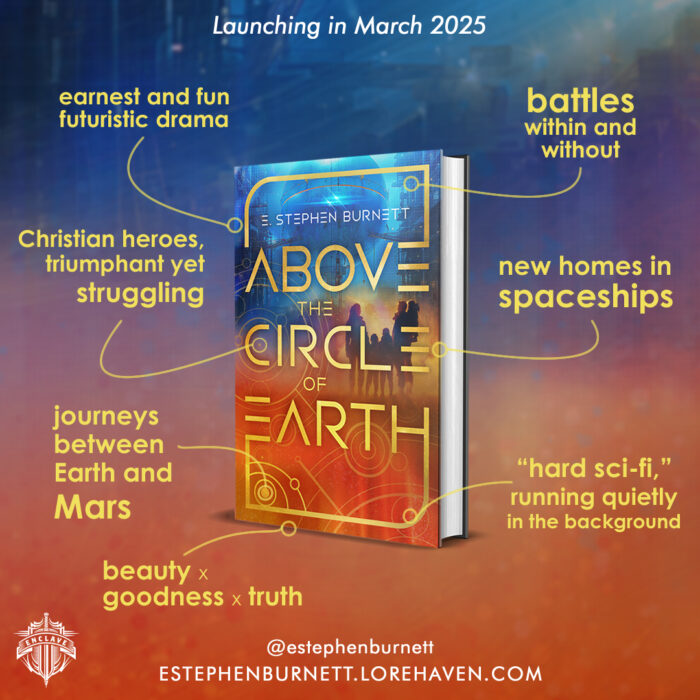



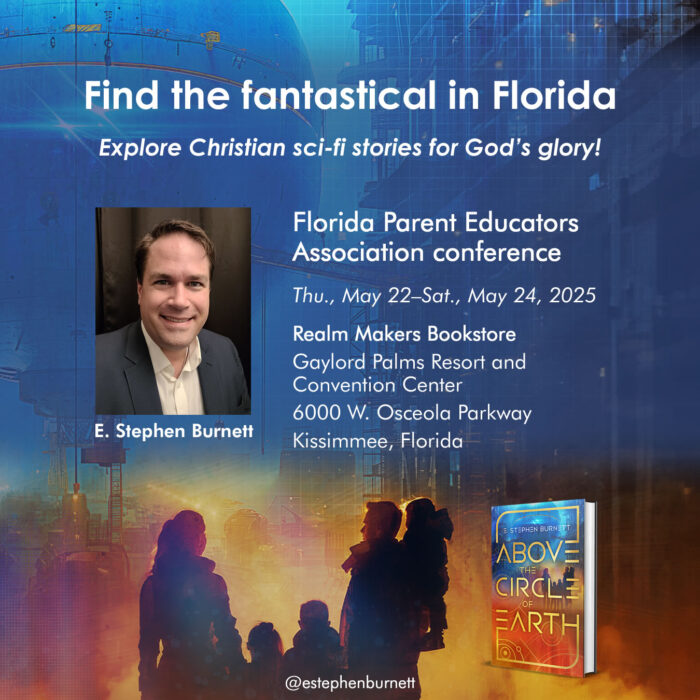
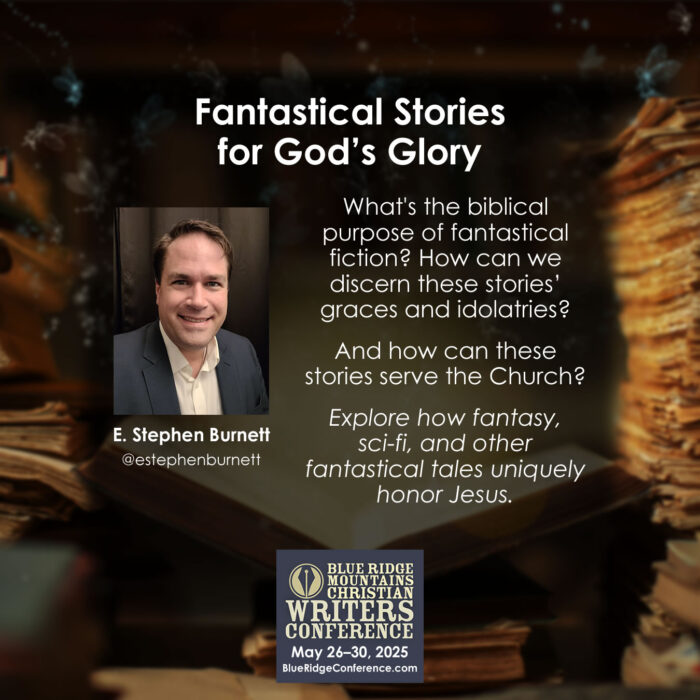
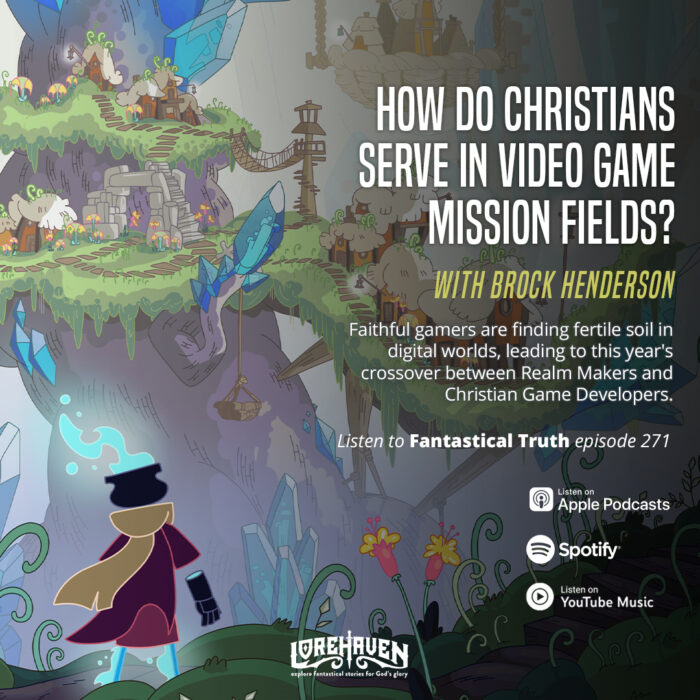



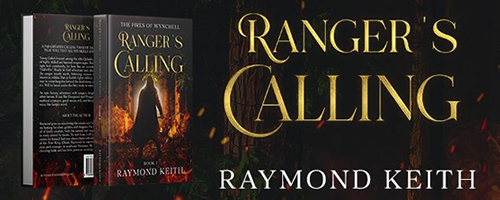
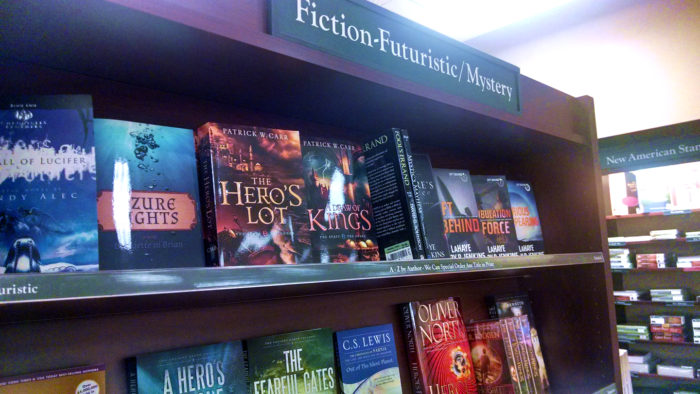
Well, these are good thoughts to consider.
What do you think about the limitations of the Christian market? I’ve long championed Christian speculative fiction, having been a longtime member of Becky Miller’s CSSF Blog Tour. However, now having a Christian spec fic novel out there, I see first hand the struggle of getting my story to the intended audience. It’s been well-received…when found. But the sales aren’t amazing.
I know it’s a debut book and a career takes time. I also wrote a book that may be more niche than just Christian fantasy or sci-fi (superhero doesn’t know where it belongs – Amazon calls it fantasy, but it has sci-fi AND supernatural elements).
Still, it’s frustrating to have a book that is enjoyed but is limited in its reach. It makes one think about at least trying something new into a market that at least has a bigger pond to play in (though I realize the counter argument – that there’s more junk to drown out anything).
Ugh, not sure if I’m making a strong point here. Maybe it’s venting. Maybe some folks commenting will have some insight.
Thanks for the challenge to my viewpoint though Stephen. I’ll chew on this.
Part of this is why I want to go indie. At the very least there won’t be as many barriers to publishing. Though of course, there are people out there that can’t stand the fact that anyone disagrees with them and will rip pretty much anything to shreds.
Great article, Stephen. I also like the pic that goes with it. 😉
Your two fantasy volumes do at least include some mystery, yes? Even if they are not technically futuristic?
[…] and Fans (Speculative Faith, Sept. 10, 2015). It’s actually somewhat naive to presume that independent creative Christians can simply skip over our thriving Christian/church subcultures and &…. This goes double if the creative seems to believe the chief purpose of story-making is […]